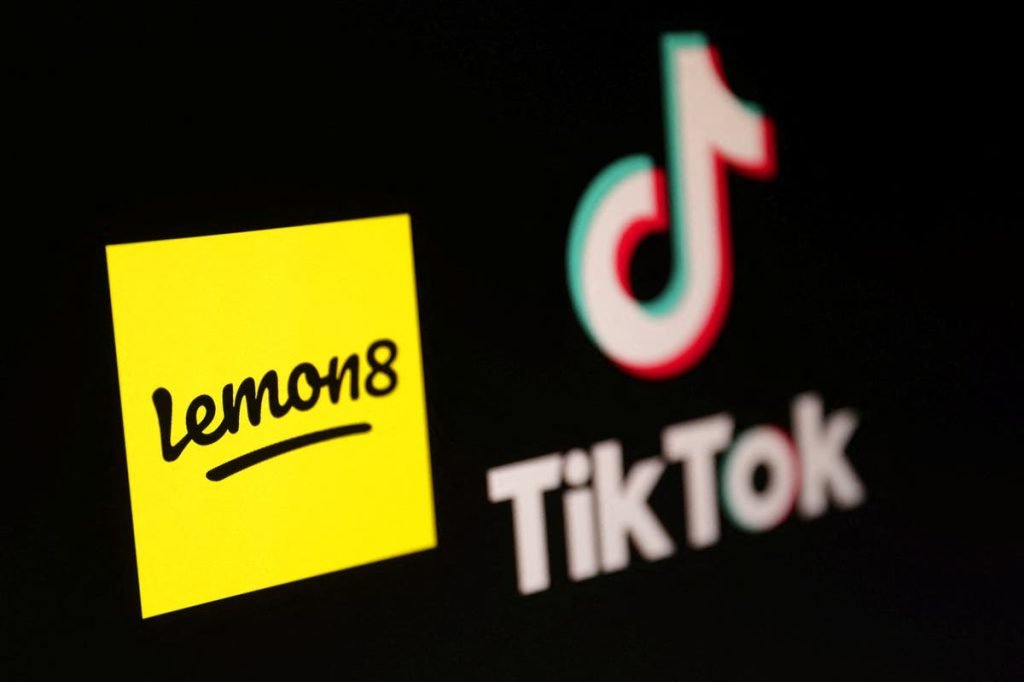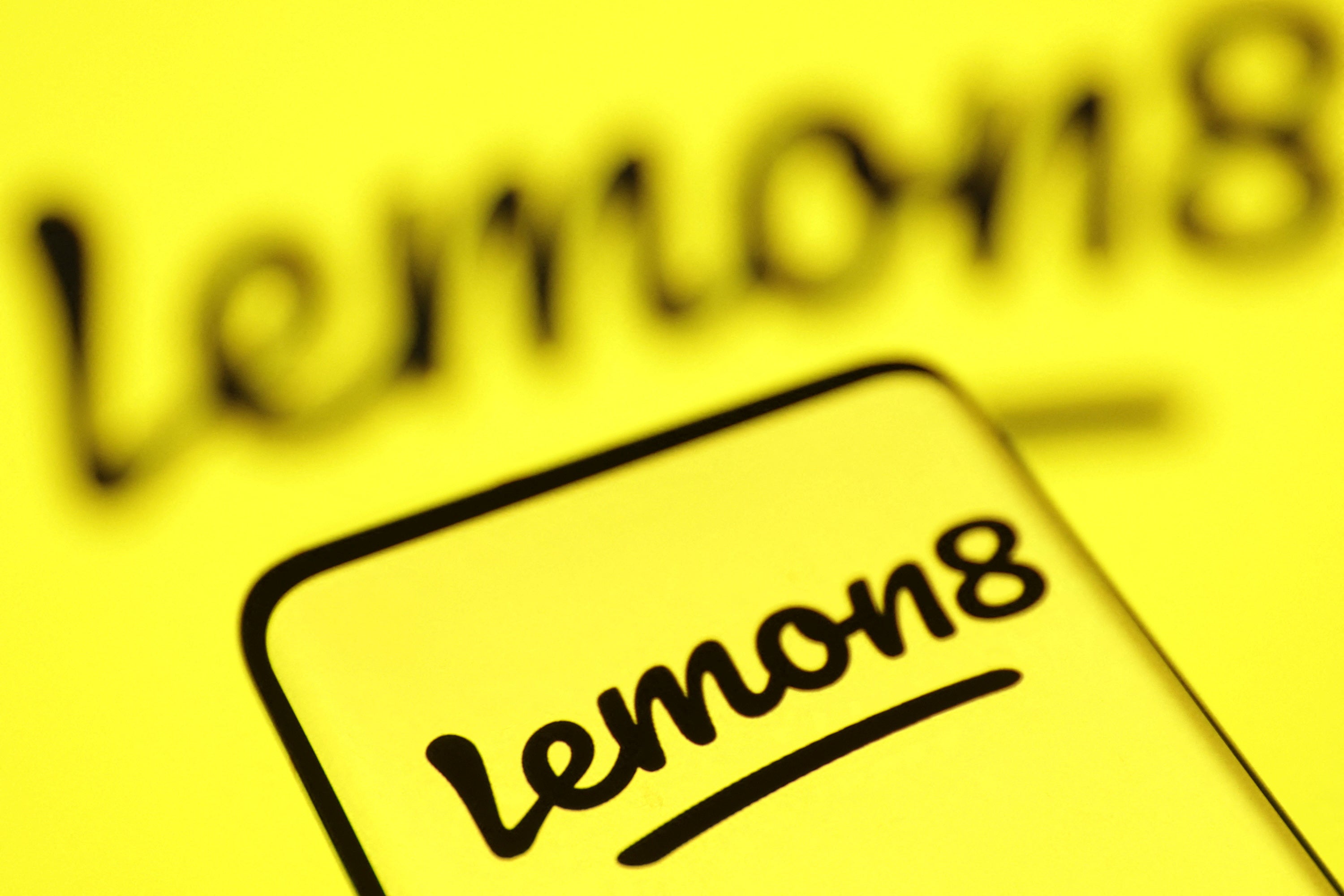
The company behind social media giant TikTok may face a nationwide ban in the U.S. if it fails to find a buyer for the app in less than one week.
On Friday, lawyers for TikTok’s Chinese parent company, ByteDance, argued before the Supreme Court that the app should have a right to exist in the U.S. under First Amendment laws.
But justices appeared skeptical when questioning the app’s lawyers, signaling to some that the law potentially banning it will be upheld. If the Supreme Court votes to uphold the law signed by President Joe Biden last year, the app will shut down in the U.S. unless it separates from ByteDance by January 19.
Meanwhile, more and more users have turned to the company’s alternative social media app, Lemon8, an Instagram-meets-Pinterest lifestyle app that ByteDance has been furiously promoting. But despite the recent rise in popularity, Lemon8 is in jeopardy in the U.S. as well.
What is Lemon8?
ByteDance launched Lemon8 in Japan in 2020, and it’s seen a steady increase in popularity, hitting the U.S. market in February 2023.
It’s dominated by lifestyle content. Posts highlighted on the app’s homepage include, “How to become a 5 am girly” and “How to save $500 in a month.”
At the start of this year, it was ranked the number one free app on Apple’s app store.

The app’s U.S. downloads increased 340 percent between June and August last year compared to 2023, according to data compiled by market research company Sensor Tower.
By comparison, TikTok grew 20 percent year-over-year during the same period, according to the research.
With the looming threat of the TikTok ban, ByteDance started to ramp up its advertising efforts with Lemon8 by targeting influencers and paying stars to post about the alternative app, the Wrap reported last year.
Will Lemon8 be included in a TikTok ban?
In April 2024, Congress passed a bill, signed into law by Biden, giving ByteDance nine months to find a U.S.-approved buyer.
The law states the divest-or-ban requirement applies generally to apps that are owned or operated by ByteDance, TikTok or any of their subsidiaries. That means even though Lemon8 is not explicitly named in the statute, their futures in the U.S. also are in jeopardy.
Lawmakers and officials say the company has links to the Chinese Communist Party, prompting concern that it could be forced to hand over data about American users to Beijing. The Justice Department has said that TikTok poses “a national-security threat of immense depth and scale”.
The same concerns remain for Lemon8.
Christopher Krepich, communications director for the House Committee on Energy and Commerce, the committee that advanced the bill, confirmed to Forbes that if the TikTok ban is enforced it would also include Lemon8.
Some experts have argued that the real danger the apps pose is “societal,” and not “security.”
“Even if the U.S. bans TikTok specifically, Bytedance — the parent company — is already migrating users to a competing very similar app that it also owns called Lemon8,” Josh Constine of the venture capital firm SignalFire told CNN. “And so it wouldn’t solve the problem unless we basically ban all of ByteDance’s apps.”
President-elect Donald Trump has asked the Supreme Court to delay its decision while he seeks a “political” solution. However, his second term will not begin until the day after the ban is scheduled to start.






